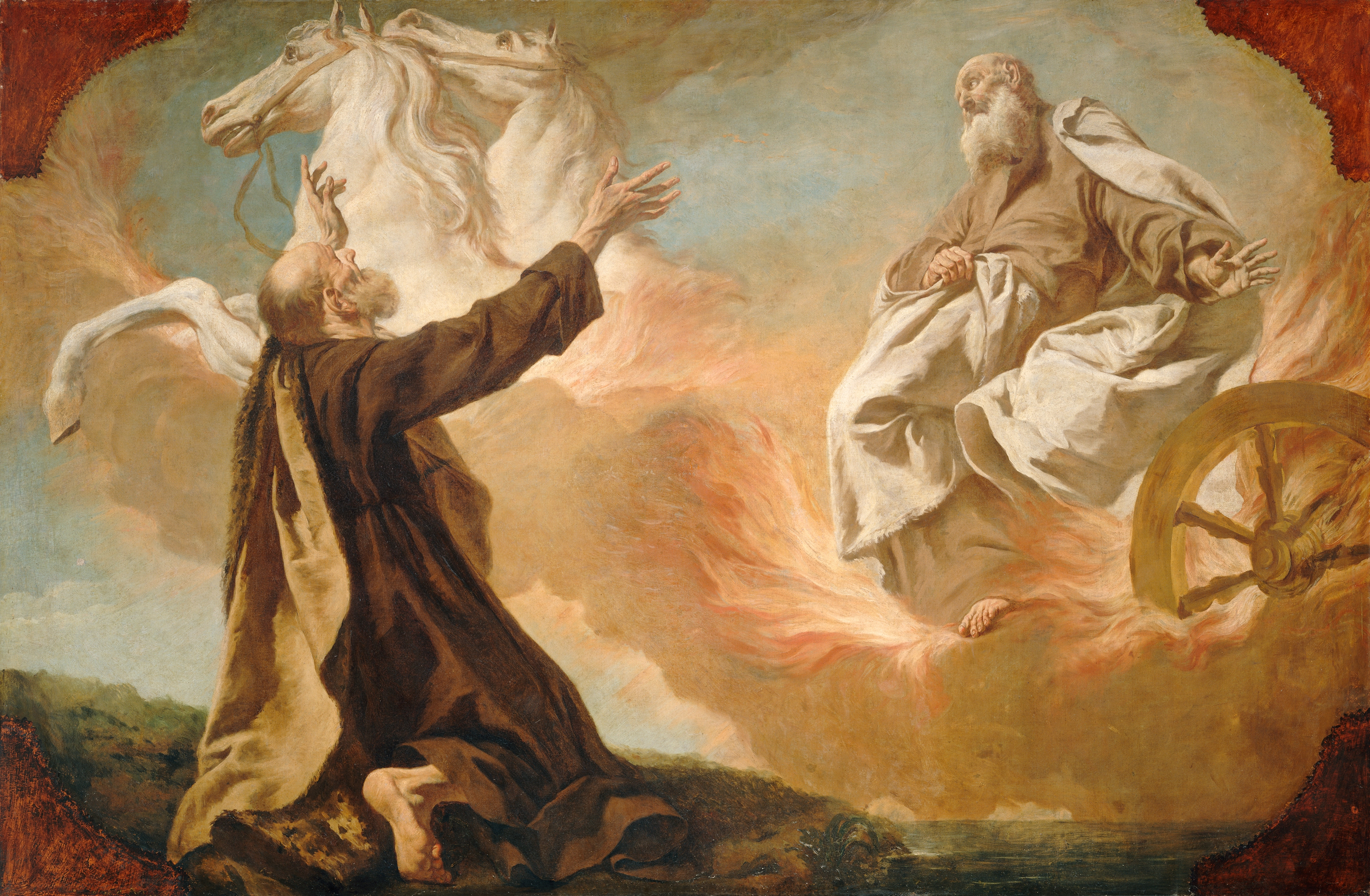Can we agree that we can disagree? No I am not talking about the election, although I could and I have, obviously. I am talking about the Bible.
When you get to heaven, you will not see me in the middle of
it, telling all of the rest of the resurrected humanity where they were wrong
and I was right! Nor will we see anyone else there, save only the resurrected
Lord Jesus Christ and even then it won’t matter who had the best theology.
I will see people in heaven who were not baptized by
immersion. I will see some surprised people who likely did not think I would
make it. And I very well plan to be surprised myself when I see people there
that I would not have thought would have made it.
There may even be a few people missing from heaven that we
all thought for sure were saved. The disciples never would have guessed that it
was Judas who was to have betrayed Christ. Even when he left that night to betray our Lord, the disciples all thought
he was going to give money to the poor.
This week, the book BELIEVE for some strange reason chose to
write about Elijah going to heaven as a way of talking about eternity. Problem
is, not everyone agrees that Elijah
and Enoch were translated directly to heaven without dying.
“But the Bible says, ‘the Lord was about to take Elijah up
to heaven,’” some may say about 2 Kings 2:1, NIV. Now if I was going to
translate it, I would have said that God was “fixin’ to take Elijah to heaven,”
but that’s just the Texan in me. And then in verse 12, it says “Elijah went up to heaven.” So doesn’t that prove that Elijah went to
heaven?
Well, actually, no and it is not because God was about to or
fixin’ to. It is because the word “heaven” can also mean atmospheric heaven or
the heaven of space where the stars and moon are or the divine supernatural throne
room of God.
Some actually say that since Jesus said, “no one has
ascended to heaven” (John 3:13) and since the writer of Hebrews said that “it
is appointed for men to die once” (Heb. 9:27), that Elijah and Enoch could not
have gone to God’s throne room without dying. What's more, ten years after Elijah's chariot ride, he wrote a letter to Jehoram. Did he write it from heaven? Probably and possibly...but not definitively!
So hence the disagreement I am writing about. We can agree,
however, that God has in fact “put eternity in our hearts,” (Ecc. 3:11), that
Job believed that he would see God in the flesh (Job 19:26), even though he
pondered the question, “after a man dies, will he live again?” (Job 14:15). The
Old Testament referred to death as being “gathered to their people,” even when
they were buried alone (Gen. 25:8, Deut. 32:50). Old Testament prophets believed
the dead would rise (Dan. 12:1-3, Isa. 26:19, Ps. 49:9, 15). The witch of Endor
was allowed to raise the prophet Samuel from somewhere, hinting that there is life after death.
So yes, the Old Testament agrees there is life after death. I even believe that Enoch and Elijah may face death in the future, during the Great Tribulation, when they may return and be the two witnesses spoken of in the book of Revelation. You are free to disagree. But as to why the author and editors of BELIEVE chose Elijah’s chariot of fire to illustrate eternity, I am in agreement that it is okay for us to disagree with their choice!

